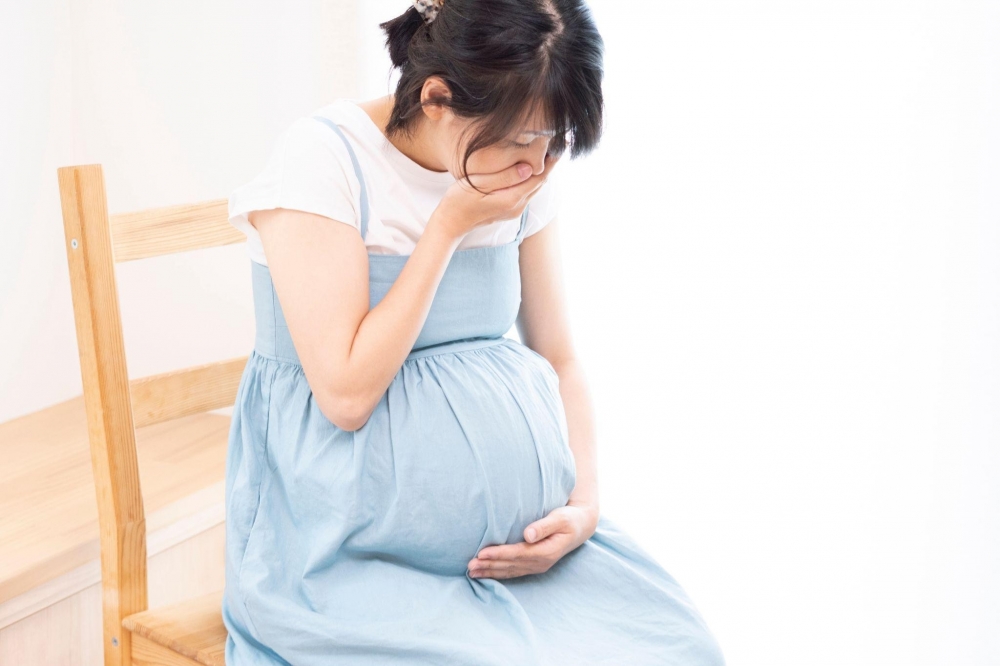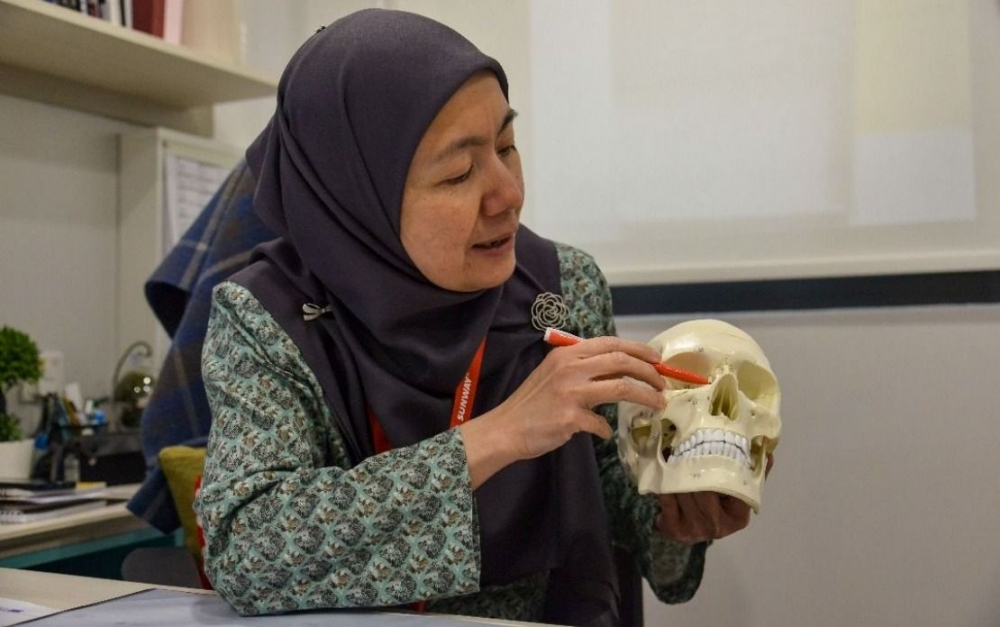Let's talk about men's health
THE life expectancy of men in Malaysia is almost five years less than women.
It currently stands at 72.7 years compared to 77.4 years for women.
The bulk of premature deaths amongst men (68 per cent) are caused by non-communicable diseases (NCD), followed by communicable diseases (20 per cent) and injury (12 per cent).
But there is also another underlying cause that leads to poor general health among men - a lack of awareness, open discussion, and health-seeking behaviour.
In 2018, the Ministry of Health (MOH) recorded a low uptake of health screening among men. Only 4.7 per cent underwent health screenings, compared to 5.8 per cent of women.
MOH has even introduced a National Men's Health Action plan (2018-2023) to bring to light the importance of paying attention to men's health.
When it comes to understanding the barriers men face in seeking medical treatment, various factors come into play.
Many men tend to be in denial about their condition or diagnosis, and do not wish to accept the limitations that come with age.
This results in them carrying on unhealthy habits such as eating poorly, smoking, not getting sufficient sleep and rest and lack of physical activity well into their later years.
Societal stereotypes and pressures also result in men internalising their emotions. They do not feel comfortable discussing their struggles as they feel the need to remain strong and not show any signs of vulnerability to those around them.
This may prevent them from seeking help and getting the necessary treatment. This is why it is important to normalise conversations about men's health.

Patient volumes could return to normal spurred by the government’s ongoing Covid-19 vaccination programme and hospital operators and health care providers are likely to gain from the improved pandemic situation.
Sunway Medical Centre Velocity's consultant urologist, Datuk Dr Selvalingam Sothilingam points out that men should pay attention to different symptoms at different stages in their lives.
This is so they know what to look out for in order to take action when needed.
"Across all age groups, sexual dysfunction is quite common. Infertility is a concern in men in the reproductive age group and is a rising concern nowadays for young couples trying to start a family."
Benign Prostatic Hyperlasia (BPH) or enlargement of the prostate gland, diabetes, hypertension and heart diseases meanwhile occur more frequently amongst men above their 50s.
Dr Selvalingam says screening for these co-morbidities as well as cancers, including urological cancers is more relevant for this age group as they are more susceptible to such a diagnosis, especially in the presence of a family history.
"However, we are seeing an increase in urological cancers in younger men, likely due to lifestyle choices. Testicular cancer is an example of a cancer that can occur in younger men; therefore, one should be aware of the risk factors and self-examination of the testis has not been emphasised enough," he adds.
Regular health screening should be a part of a normal lifestyle. Early detection is crucial but in a society where cultural norms come into play and the male is often seen as head of the household, it is a challenge for them to share and discuss their issues as they need to be seen as a pillar of strength.
It is however reassuring to see good support especially from spouses or partners, who often encourage men to seek early treatment, says Dr Selvalingam.

Was this article helpful?
0 out of 0 found this helpful
Suggest to Read









